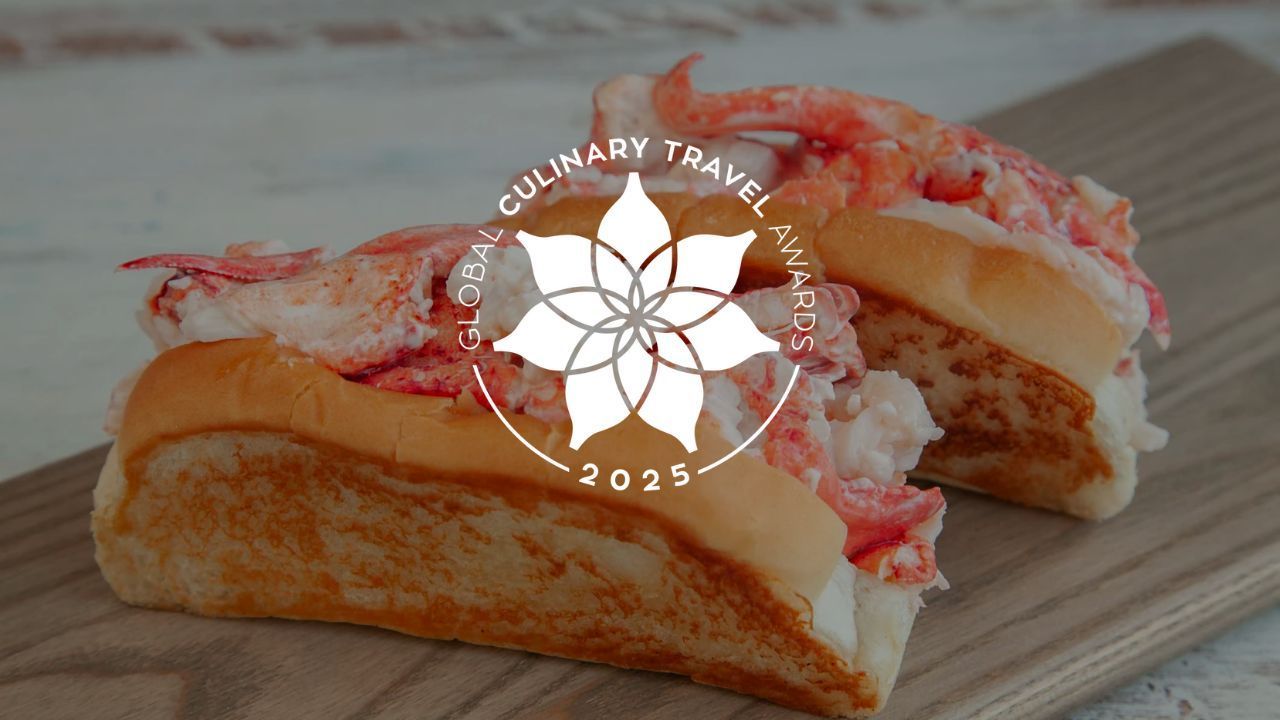Vegan Friendly Wines, the New Trend!

The Issue
Many of those involved in creating wine-based tourism experiences, may have been surprised by the title of this article, especially if they are not vegans!
Since we all know that wine comes from grapes, which is a fruit, there is a widespread perception that all wines are vegan friendly.
But is this true?
As it turns out, this is not the case at all, as there has been a lot of discussion lately among wine lovers around the world, about which wines are vegan friendly.
This move has dual recipients. On the one hand it aims to inform the vegan consumers themselves, that there are wines that are perfectly in line with their philosophy.
On the other hand, the goal is to inform the wine producers and all those who are commercially involved in this sector, that today there is a special group of wine that is completely friendly to vegans.
How do vegan wines differ from other wines?
For those who know about wine production, wine in its first form is not a pure crystalline liquid (white, rosé or red), which we usually serve in our glass and drink.
The first appearance is cloudy, so in the eyes of the consumer it is not as attractive as the final, processed form of the wine that is bottled.
This turbidity of wine does not come from elements that are harmful to the human body as experts inform us. The processing to give wine a clearer appearance, is done only to make the wine more attractive to consumers.
How do winemakers usually deal with this situation?
The process by which winemakers usually purify wine from these elements which give it an “unclean” (cloudy) appearance, involves the use of milk protein and animal protein from shellfish fibers, etc. These are exactly the elements that vegans avoid, and although they are used in tiny quantities in the above process, there are many vegans who would rather avoid to drink wine under this procedure.
How to make vegan friendly wines
In recent years, some winemakers have developed the above process using substances that are not avoided by vegans, and it is precisely this difference that characterizes some wines as vegan friendly and some not.
The development of these new techniques is certainly not accidental. As there are more and more vegans around the world, they are becoming an important group of consumers that producers certainly want to reach.
For many of us this whole issue of vegan friendly wines is something new that we are not yet familiar with, so it makes sense to have some questions.
Critical Questions
The first issue to think about is how to understand if a wine is vegan friendly or not. There is no legal obligation for these wines to have a special label. So it is difficult to tell if a wine is vegan friendly or not, especially if we are not wine experts.
The right to choose what we eat and drink is sacred, so at some point there should be a universally accepted label for vegan friendly wines, so that everyone could try them. But until that happens, it will be hard for most of us to recognize whether a wine is vegan friendly or not.
But as we said above, everyday there are more vegans all over the world. As many wine producers want to reach this large group of consumers, they make sure to announce that their wines are vegan friendly. In fact, some of them have created corresponding labels. Also, many of the producers have already updated their websites by giving details about the vegan friendly wines they produce.
The same goes for many restaurants, bars, etc., especially in countries where there aren’t very many vegans.
Taste, Aging and Storage of Vegan Friendly Wines
Many consumers, although they are friendly to the idea of consuming a vegan friendly wine, wonder if it tastes different, or if it should be stored in different conditions, or if the same aging process applies to vegan friendly wines.
Experts assure us that a vegan friendly wine is as delicious as all other wines. So, the taste will not bother any of those who want to try a vegan friendly wine or decide to drink only vegan friendly wines.
Also, the storage process does not change, if you have a cellar or some other suitable place to store your wines, vegan friendly wines are stored in the same place, without changing anything in the process that you already knew
As for aging, the same answer applies here. It does not change anything in the process because a wine is vegan friendly
Finally, allow me to make a prediction. Given that the amount of vegans increase around the world every day, and because modern man is increasingly interested in consuming as many natural products as possible, I am sure that vegan friendly wines will become very popular in the coming years.
As a consultant of gastronomy tourism, I would suggest to those who are professionally engaged in the design and sale of wine-related experiences, to look carefully at this category of wines, and to start creating wine tourism experiences based on vegan friendly wines. I believe that in the coming years, many tourists will be looking for wine tourism experiences based on vegan friendly wines, and the market should take care from now on to create them with inspiration, quality content and at a suitable price!
Authored by: Maria Athanasopoulou is the founder of Respond on Demand Ltd and Chairwoman of the World Food Travel Association (WFTA)’s Board of Directors. She serves as a Certified Ambassador of the WFTA in Greece is also a Master Culinary Travel Professional.











